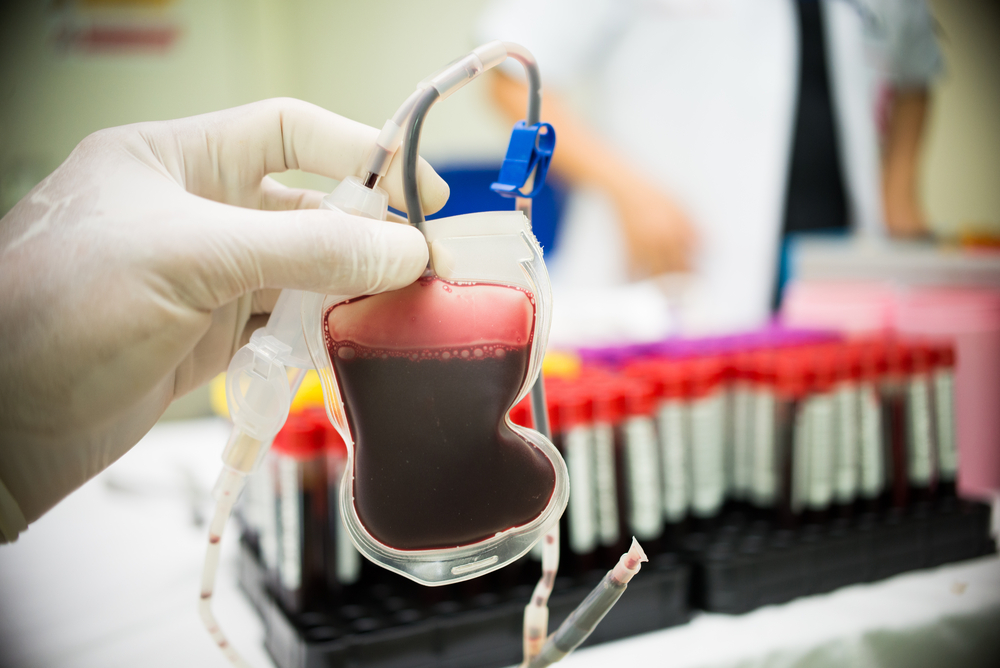|
|
A team of British researchers is making the first test of lab-grown blood cells in human beings.
Blood donations save the lives of people undergoing major surgery or who have permanent disorders, such as sickle cell anemia.
However, the supply of spare blood depends on the number of people willing and qualified to give it. Blood banks often run short and have to scour far afield for supplies; not infrequently, surgeries have to be postponed for lack of blood.
The idea of manufacturing blood has been enticing scientists for decades and now it’s seeing its first test in patients.
In this case, researchers took blood from a donor and isolated stem cells from red blood cells, then bathed the stem cells in a nutrient solution for about three weeks. The cells multiplied and matured over that time, leaving enough to test in people.
Importantly, the stem cells can be biochemically guided to match any blood type.
In the trial, as many as 10 people will receive five to 10 milliliters of the lab-made blood – about one or two teaspoons – twice over four months and be monitored for side effects.
Just as important, the research team will see how long the cells last.
Red blood cells usually live around 120 days. In contrast, donated human blood contains cells of varying ages.
Scientists will be looking to see if their manufactured cells outlast those from a conventional blood donor.
So far, two people have been injected with cells grown in the lab and have shown no ill effects.
If the trial is successful, the developers will move on to larger trials and also begin to design a process for large-scale manufacture.
TRENDPOST: A successful trial will create the possibility of people facing surgery being able to donate a little of their own blood and have a few pints of their own lab-made blood ready when they go under the knife.
Similarly, people who need periodic transfusions could maintain a steady supply of their own blood to tap as needed.
More broadly, blood banks could never be short of blood again.

